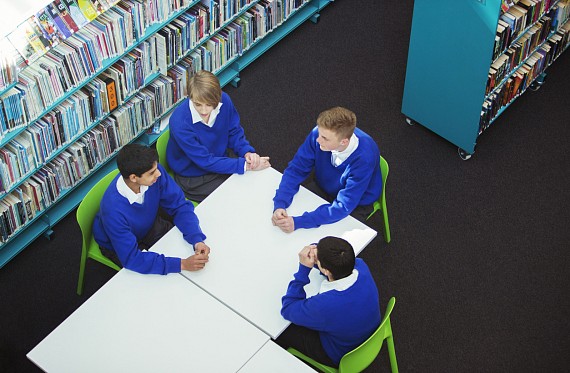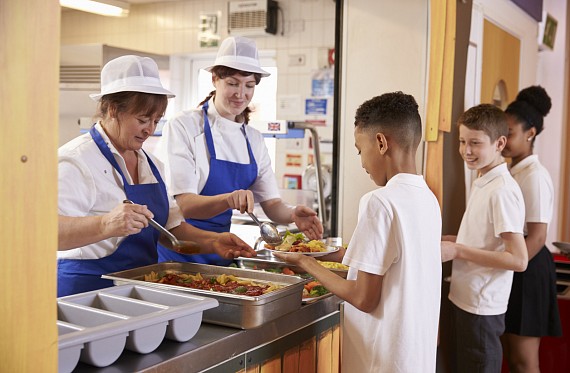A Guide to Setting Up and Running an Effective School Council
Part of our Teacher Toolkit Series
Discover the ultimate guide to setting up and running a successful school council, celebrating pupil voices and nurturing leadership skills with VotesforSchools.










